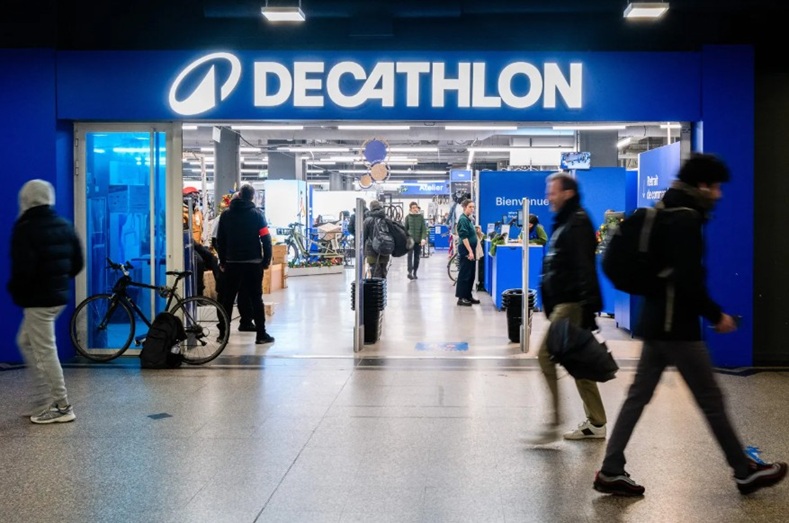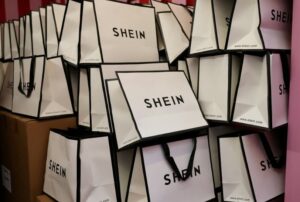Your support powers our stories
French sports retail giant Decathlon, known for its extensive global presence and popularity among consumers, has found itself at the center of controversy following allegations that it indirectly benefited from forced labor in China. Reports claim that the company sourced textiles from Qingdao Jifa Group, a manufacturer allegedly linked to coercive labor practices involving China’s Uyghur minority. The allegations, based on investigations by NGOs and Western experts, have reignited concerns about ethical supply chains in the global retail industry.
Decathlon, which operates in over 70 countries and employs around 100,000 people, has firmly rejected any suggestion that it tolerates forced labor within its supply chain. While confirming its business relationship with Qingdao Jifa Group, the company insists it remains fully committed to upholding human rights. In response to the accusations, Decathlon reiterated its stance against forced labor and assured that it would take appropriate action should any violations be substantiated. A company spokesperson emphasized that Decathlon works diligently to ensure its suppliers adhere to responsible labor practices.
The controversy stems from broader concerns about cotton sourcing in China, particularly from the Xinjiang region, where rights groups have long accused Beijing of systematic abuses against the Uyghur population. In a France 2 documentary set to air on Thursday, a local factory manager acknowledged that some cotton used by a Decathlon-affiliated supplier could originate from Xinjiang, though verification remains challenging. Meanwhile, Decathlon has stated that all of its cotton comes from sources committed to ethical practices, ensuring compliance with international labor standards.
Despite the scrutiny, Decathlon remains one of the world’s most successful sporting goods retailers, reporting a net profit of €931 million in 2023 on revenues of €15.6 billion. Founded in 1976 in Lille, France, the company has expanded far beyond Europe, cementing its reputation in Asia, Africa, and the Americas. However, as consumer awareness around ethical sourcing grows, Decathlon—like many global brands—faces increasing pressure to demonstrate greater transparency and accountability in its supply chain.
Your donation helps us cover global events, ensuring everyone stays informed
(Source: France 24)









